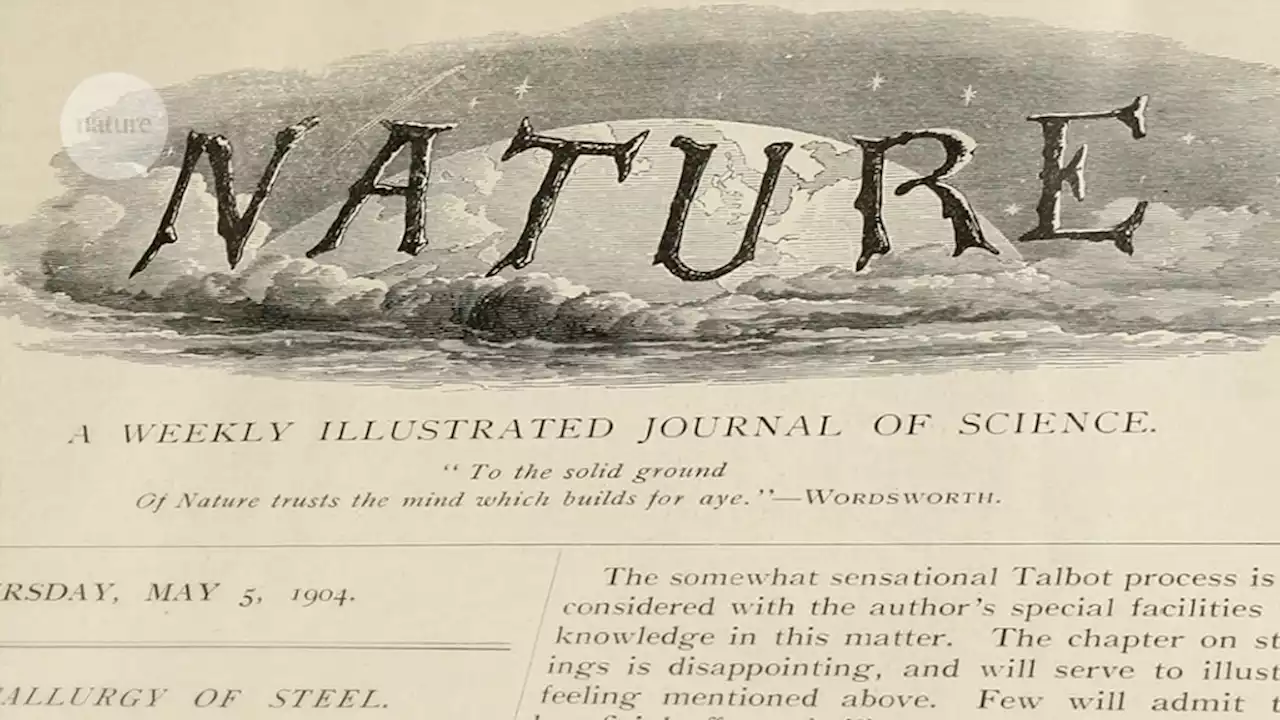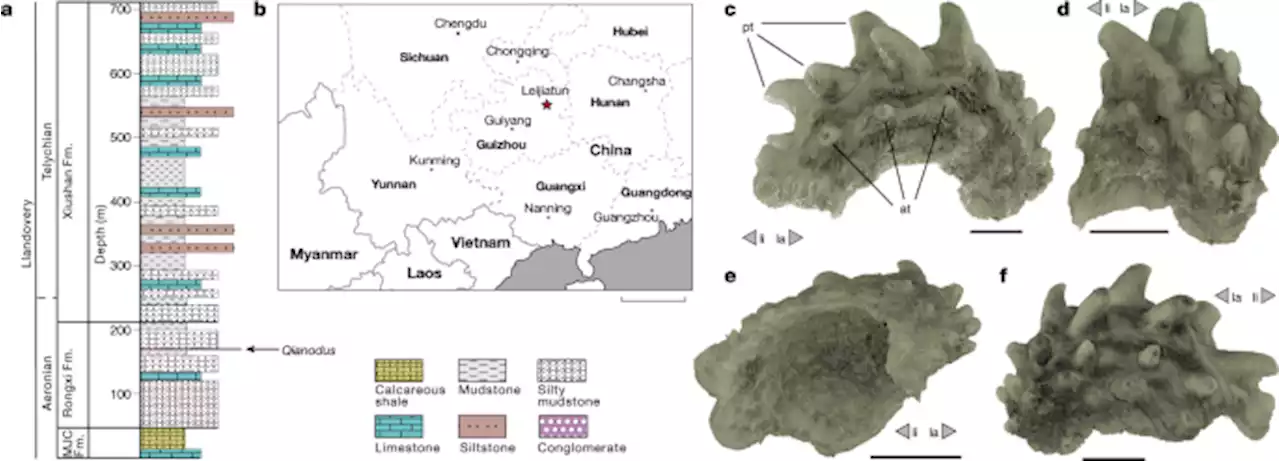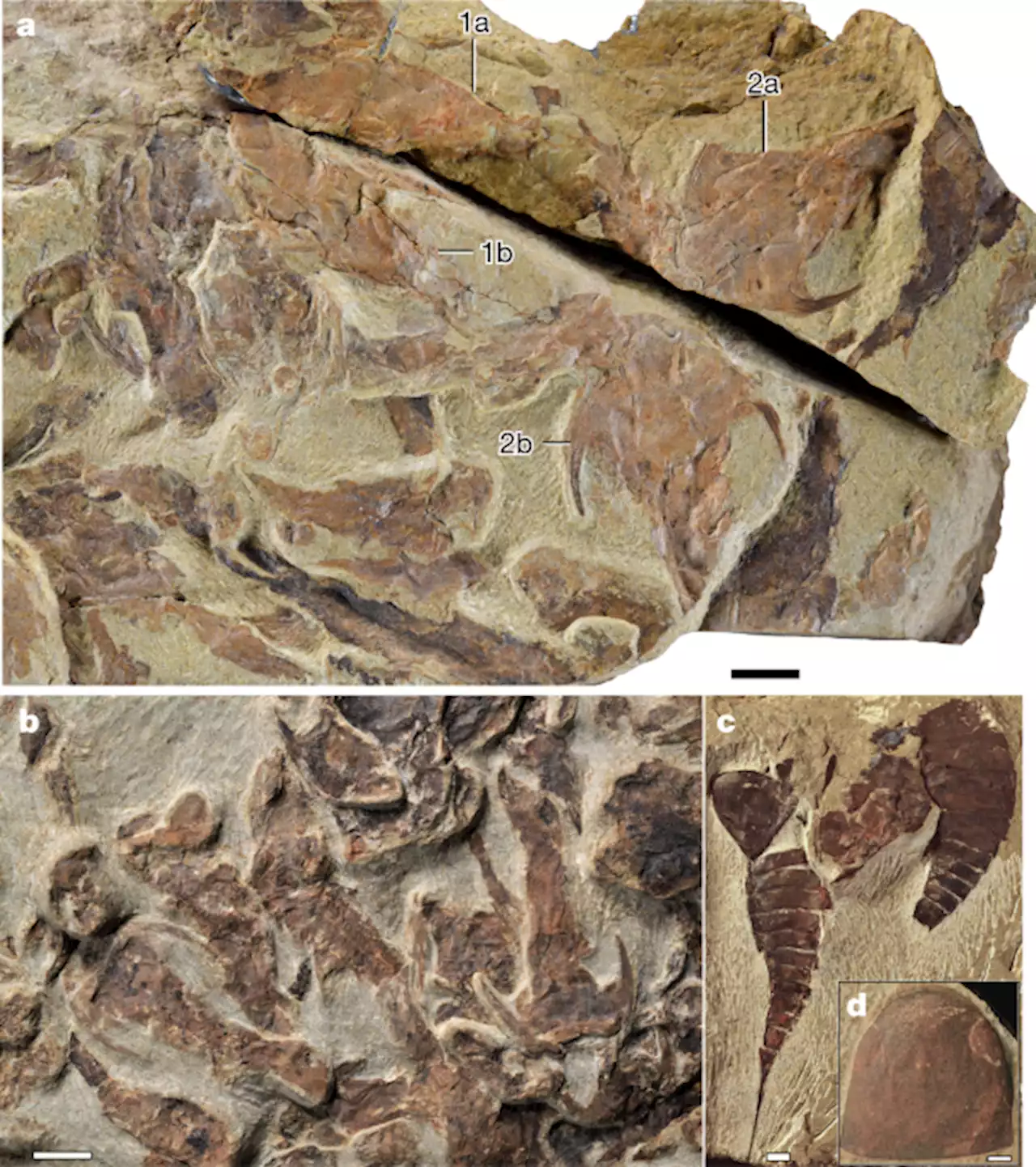Listen to an audio version of a recent Nature feature.
Your browser does not support the audio element.At the beginning of the COVID-19 pandemic, many countries introduced strict lockdowns to help prevent spread of the disease. Since then, researchers have been studying the effects of these measures to help inform responses to future crises.
Conclusions suggest that countries that acted swiftly to bring in strict measures did best at preserving lives and their economies, but analysing the competing costs and benefits of lockdowns has been tough, as this work often comes down not to scientific calculations, but value judgements.
México Últimas Noticias, México Titulares
Similar News:También puedes leer noticias similares a ésta que hemos recopilado de otras fuentes de noticias.
Observations of a Magellanic Corona - NatureBy analysing Hubble Space Telescope/Cosmic Origins Spectrograph spectra, evidence is provided for the presence of a Magellanic Corona surrounding the Large Magellanic Cloud, as predicted given its high mass.
Leer más »
The Nature and Nurture of MoralitySome psychologists argue that it's pointless to continue discussing nature versus nurture. Here's why they may be wrong.
Leer más »
 How Nature contributed to science’s discriminatory legacyEditorial: How Nature contributed to science’s discriminatory legacy
How Nature contributed to science’s discriminatory legacyEditorial: How Nature contributed to science’s discriminatory legacy
Leer más »
 The oldest gnathostome teeth - NatureDirect evidence for the presence of jawed vertebrates in the early Silurian (around 439 million years ago) is provided by isolated tooth whorls of the gnathostome Qianodus duplicis from Guizhou province, China.
The oldest gnathostome teeth - NatureDirect evidence for the presence of jawed vertebrates in the early Silurian (around 439 million years ago) is provided by isolated tooth whorls of the gnathostome Qianodus duplicis from Guizhou province, China.
Leer más »
 The oldest complete jawed vertebrates from the early Silurian of China - NatureTwo new species of well-preserved jawed fishes with complete bodies from the early Silurian period (Telychian age, around 436 million years ago) of Chongqing, South China are described: a jawed stem gnathostome, Xiushanosteus mirabilis, and a chondrichthyan, Shenacanthus vermiformis.
The oldest complete jawed vertebrates from the early Silurian of China - NatureTwo new species of well-preserved jawed fishes with complete bodies from the early Silurian period (Telychian age, around 436 million years ago) of Chongqing, South China are described: a jawed stem gnathostome, Xiushanosteus mirabilis, and a chondrichthyan, Shenacanthus vermiformis.
Leer más »
 CRISPR screens in Drosophila cells identify Vsg as a Tc toxin receptor - NatureA genome-wide CRISPR–Cas9-mediated knockout screen in Drosophila cells identifies Visgun as a proteinaceous receptor for toxin complex toxins, demonstrating the utility of this approach for investigating insecticidal toxins and pathogens.
CRISPR screens in Drosophila cells identify Vsg as a Tc toxin receptor - NatureA genome-wide CRISPR–Cas9-mediated knockout screen in Drosophila cells identifies Visgun as a proteinaceous receptor for toxin complex toxins, demonstrating the utility of this approach for investigating insecticidal toxins and pathogens.
Leer más »
